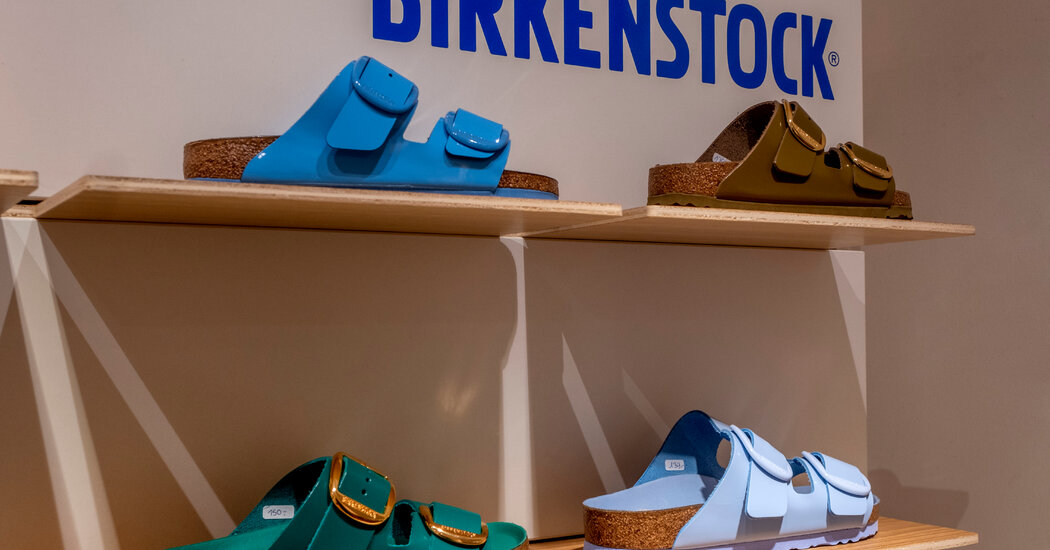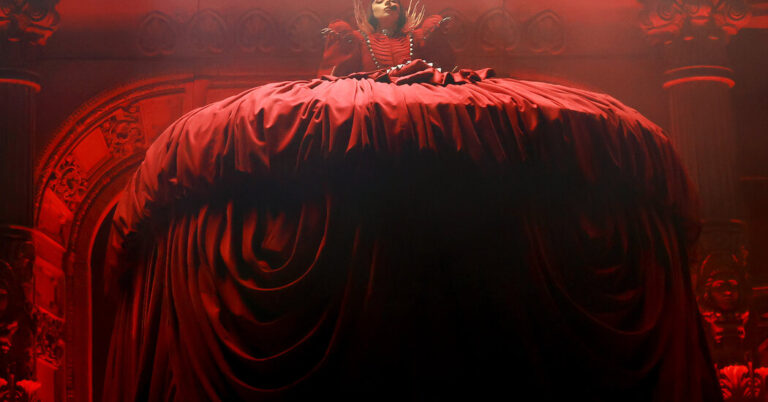Depending on whom you ask, Birkenstock’s wide-set, corky sandals might be frumpy, or chic, or gauche or the ultimate comfort shoe. What they cannot be called though, at least according to the German high court, is a work of art. On Thursday, the federal court of justice in Karlsruhe, Germany, ruled that Birkenstocks were not “copyrighted works of applied art,” making it harder for the 251-year-old German shoemaker to combat the widespread sale of duplicates of its sandals across the internet.
For copyright protection to apply, there must be such a degree of design that the product displays some individuality, the court wrote in its decision. Birkenstock’s sandals may be iconic enough for a “Barbie” movie cameo, but they do not display enough individuality for the German judiciary.
The case has been winding its way through the court system for years, as Birkenstock sought to copyright four of its orthopedic-rooted slip-ons: the Madrid, Arizona, Boston and Gizeh, which have inspired cheaper imitations.
“The decisions by the BGH constitute a missed opportunity for copyright protection in Germany,” Jochen Gutzy, Birkenstock’s chief communications officer, wrote in a statement, using the German acronym for the court. In spite of the ruling, he continued, the company would “continue to take tough action against copycats who think they can make money from other people’s creative ideas and inventions.”




